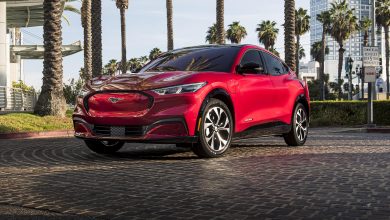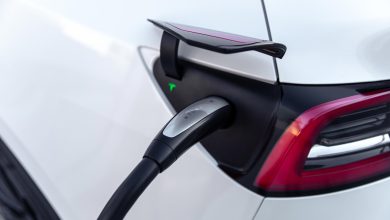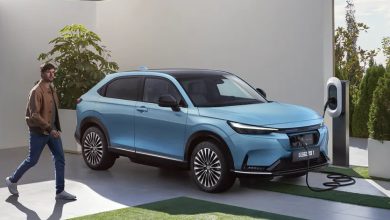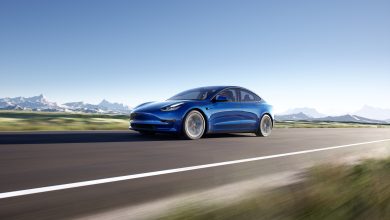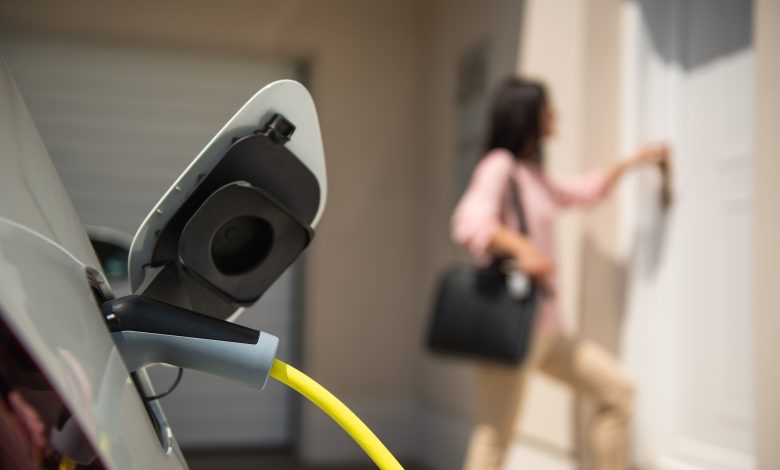
Alabama Power presents two enticing offers for residential clients who own or are contemplating acquiring an electric vehicle, enabling them to save money when charging at home.
“These incentives are one way we are helping customers to innovate their lifestyle and achieve long-term energy savings,” said Tony Smoke, senior vice president of Marketing and Economic Development. “As technology advances and the needs of our customers evolve, we are focused on providing new ways to assist them.”
Home EV Charger Rebate Clients can obtain a single $500 rebate when they purchase and install a Level 2 (240V) charger in their homes. Home EV charging is an economical and convenient charging option. Installing a Level 2 charger enables users to charge their vehicles up to ten times faster compared to a Level 1 (120V) charger.
Options available to customers
To check eligibility and charger requirements, or to apply, visit EV Home Charger Rebate | Electric Vehicle Incentives.
Home EV Night Charging Discount Customers can reduce their electric bills by charging their electric vehicles during off-peak hours (9 p.m. to 5 a.m.) at discounted rates.
To qualify, clients must own or lease a plug-in electric vehicle primarily designed for use on public streets, roads, and highways. Electric scooters, e-bikes, golf carts, and motorized electric wheelchairs are not eligible.
To review the terms and enroll, visit EV Night Charging Discount | Electric Vehicle Incentives.
“At Alabama Power, we want to help innovate our state while boosting energy efficiency,” Smoke said. “It is our hope that the incentives we’re offering help our customers take the next step in adopting a new technology.”
Numerous states have implemented comparable programs that offer tax benefits and incentives to encourage electric vehicle ownership and usage. The U.S. Energy Information Administration reports that roughly 76% of all oil consumed in the United States is utilized in the transportation sector, with 92% of this oil originating from petroleum.
Heavy reliance on a single fuel source, especially a non-renewable one, can lead to instability in both the local and federal energy sectors. To diversify the types of energy consumed, state and federal governments have introduced tax breaks and other incentives for individuals who own or lease electric vehicles.
The electricity utilized to power electric vehicles is mostly generated from domestic energy sources such as coal, natural gas, nuclear power, and renewable sources such as wind and solar power. By using alternative energy sources besides petroleum, states are able to maintain a more varied and stable energy infrastructure.
Related: Electric Car Manufacturers Must Adhere to New Law in Mississippi

